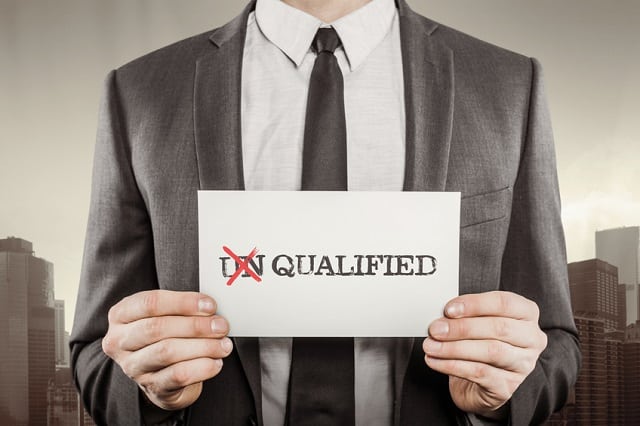An investigation by the watchdog, Which?, into 43 advice firms listed on unbiased.co.uk found that 27 (63%) of the companies that claimed to employ certified financial planners did not have a single adviser with the relevant Chartered Institute of Securities and Investment (Cisi) certification.
Which? also found that seven out of 24 (29%) firms falsely claimed Society of Later Life Advisers (Solla) accreditation. While 14 out of 72 (19%) claimed to have advisers with chartered financial planner status, despite not employing anyone with such credentials.
Little change
This research follows a Which? investigation in March 2016 that exposed a near identical level of poor, misleading practice concerns on the Unbiased platform. Which says it is worrying Unbiased had done little to address these concerns since the earlier investigation.
Harry Rose, Which? money editor, said the findings raise serious questions about the advice sector. “If potential customers can’t trust the information in the public domain about prospective advisers, how can they reliably shop around for the right one?
“Adviser directories, accrediting bodies and advisers themselves must ensure listings are correct, so consumers can confidently compare different advisers,” Rose said.
Unbiased response
Karen Barrett, chief executive and founder of Unbiased, said the platform remains the most thoroughly checked adviser database in the UK.
“Since the discovery of some inaccurate qualifications listed on the site, we have checked a high proportion of the advisers listed with us, and are actively working with the qualification bodies to verify even more,” Barrett said.
“Currently, we are still querying over 2,000 outstanding qualifications and accreditations held by 27,000 professionals, and we are working to find a good solution to check them more efficiently,” she said.
Barrett said of the inaccuracies that do remain, the vast majority are to be found in basic profiles that advisers can open free of charge.
“Since these profiles only inform consumers of the adviser’s existence and location, and do not allow direct contact through Unbiased, these are far less likely to result in issues for consumers.
“Nevertheless we remain committed to resolving any inaccuracies here,” she said.
Not just one
Which? also investigated the directories VouchedFor and the Money Advice Service’s (Mas) Retirement Adviser listings. The two platforms contained less inaccurate information then Unbiased but there was still “significant numbers” of misleading records.
On VouchedFor, two of the 21 advisers claiming to be chartered financial planners were not actually chartered and neither of the two advisers found that claimed to be accredited by the Society of Later Life Academy were listed with Solla.
VouchedFor has told Which it has introduced a “checks” tab on adviser profiles that shows the date VouchedFor most recently checked the nature of the services the adviser offers.
Additionally, VouchedFor is planning to introduce a requirement that means advisers must upload scans of their certificates.
On the Mas directory, 16% of those claiming they were certified, 9% of those claiming they were chartered and 5% of those who claimed they were accredited by Solla did not appear to actually hold such accreditation at all.
This is, however, a significant improvement from September 2016, when Mas rates were 56%, 11%, and 33% respectively.










